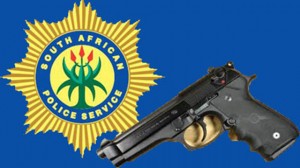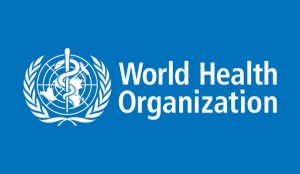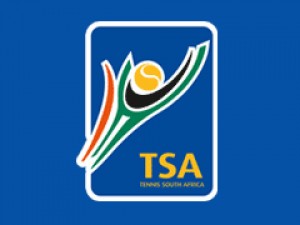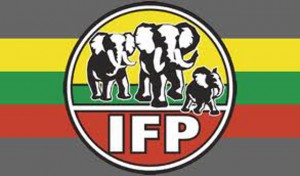PRETORIA – On 12 September 2014, the Asset Forfeiture Unit (AFU) of the NPA obtained an order in the North Gauteng High Court freezing a cash amount of US$9.34 million (about R102 million). The case relates to cash which was brought into the country on a flight from Nigeria to Lanseria Airport on 5 September 2014.
The cash consisted of 90 blocks of $100 000 each and was found in two black plastic suitcases. Each suitcase had a combination lock to which only one Eyal Mesika (Mesika), an Israeli citizen, had the combination.
In addition to the 90 blocks, some hand luggage of Mesika contained 3 sealed blocks and one partially opened block of US dollars. The order was granted in terms of the Prevention of Organised Crime Act which provides that property that is used to commit a crime can be frozen while the NPA applies for a final order to forfeit the money to the state.
The money was initially detained by the South African Revenue Service (SARS) as it was not disclosed or declared at customs, and was above the prescribed legal limit for the amount of cash that may be brought into the country. Investigations by the Crimes against the State Unit of the Directorate of Priority Crimes Investigations, revealed that Tier One Services, which is part of the Tier One Services Group (Tier One). Tier One provided ESD International Group Ltd (ESD), a Cyprus based company, with an invoice in respect of the purchase of various armaments and helicopters. The goods were intended to be used in Nigeria.
In court papers, the NPA submitted evidence that Tier One is not registered with the National Conventional Arms Control Committee and is thus not authorised to enter into any agreements regarding the sale and/or rental of military equipment. The NPA furthermore submitted that the agreement between Tier One and ESD was only concluded on 8 September 2014 and that the normal procedure for the procurement of equipment was not followed.
The NPA also submitted to the Court that, although various explanations about the money were given to the investigating officer, these explanations were flawed and riddled with discrepancies.
The money is currently kept safe by the South African Reserve Bank.










